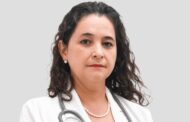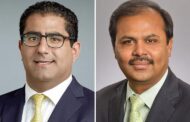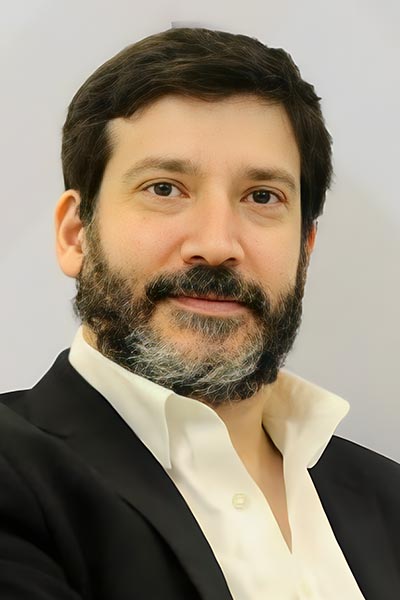
The IASLC 2023 Latin America Conference on Lung Cancer (LALCA) begins today in Montevideo, Uruguay. For more than 20 years, IASLC’s Latin America Group has been organizing this conference, which presents the latest in lung cancer research, innovation, and multidisciplinary care.
This year’s meeting will be the first in-person gathering since 2019, when it took place in Mexico. As such, the conference chairs—Luis Ubillos, MD, PhD; Mario Varangot, MD; Clarissa Mathias, MD; and Carlos Barrios, MD—are especially excited to get this year’s meeting under way.
In a recent interview with ILCN, the chairs said returning LALCA attendees will recognize several popular events on the program, including the Cancer Control Program and Tobacco Forum and Round Table Discussions, which provide delegates a unique opportunity to speak directly with international leaders and local experts on specific topics. The program covers a broad range of important topics in lung cancer, including developments in surgery, radiotherapy innovations, targeted therapy, immunotherapy, and more.
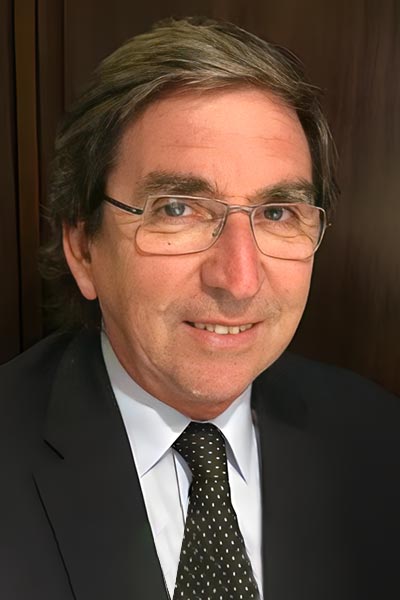
Keep reading for more from ILCN’s interview with the conference chairs and learn what’s to come at LALCA, which runs through January 27, 2023.
ILCN: As you planned the educational programming for LALCA 2023, did any themes emerge among the latest science in thoracic oncology? What abstracts stood out among the submissions you received?
Dr. Mathias: In my opinion, the most important theme to be discussed at LALCA 23 is the topic of disparities in lung cancer care and equitable access to new diagnostic tools and treatments. We also received many real-world studies on the need to adopt different approaches to improve lung cancer care that I believe will be compelling.
Dr. Ubillos: We are very excited that we had more than 117 high-quality, compelling abstracts submitted. With so many worthy abstracts, it was difficult to select the standouts for presentation during the Presidential Symposium, but I believe we have selected the best of the best for that session. The meeting also includes two Poster Discussion Sessions, where the next eight top abstracts will be orally presented and then discussed by experts Drs. David Carbone and Rafael Rosell.
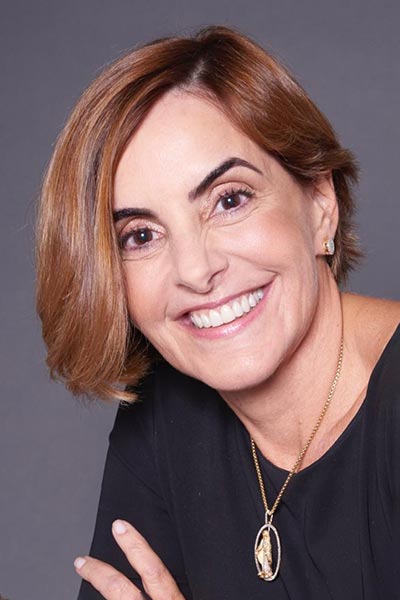
ILCN: As LACLC 2023 begins, what sessions or events are you looking forward to most and why?
Dr. Mathias: I’m excited to hear the discussions of the top abstracts and the lectures that will be delivered by world leaders in lung cancer. In addition to the Presidential Symposium, we have scheduled two poster discussion sessions and several networking breaks with poster viewing. The educational sessions will cover a wide range of topics from diagnostic imaging and pathology to new developments in targeted therapy and radiotherapy innovations.
Dr. Varangot: We are very honored to have Dr. David Gandara from the University of California, Davis, to discuss the three important abstracts being presented during the Presidential Symposium. I’m looking forward to hearing his thoughts and discussing these presentations with Dr. Gandara and our presenters.
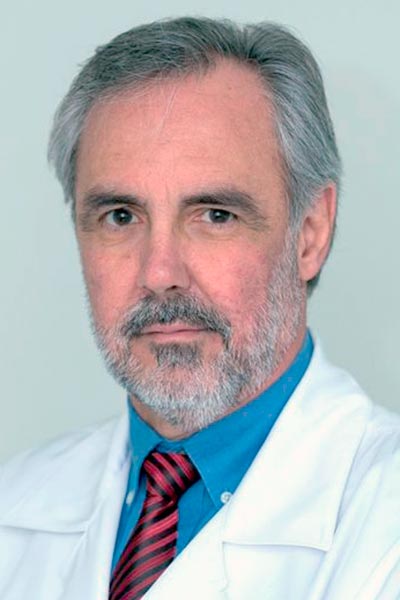
ILCN: While LACLC covers the science and advances in the treatment and prevention of lung cancer and thoracic malignancies throughout the world, there is a particular focus on issues unique to Latin America during this meeting. What are some of the ways lung cancer diagnosis and management differs in Latin America compared to other regions such as Europe or Asia?
Dr. Mathias: The main issue in Latin America is access and barriers to optimal diagnosis and treatment in lung cancer. I’m interested in hearing from the presenters during the Lung Cancer Screening Session as they discuss the barriers—and strategies to address them—to increasing screening and early diagnosis in Latin America. Another interesting area of research is the distribution of mutational prevalence and status among Latin American populations.

